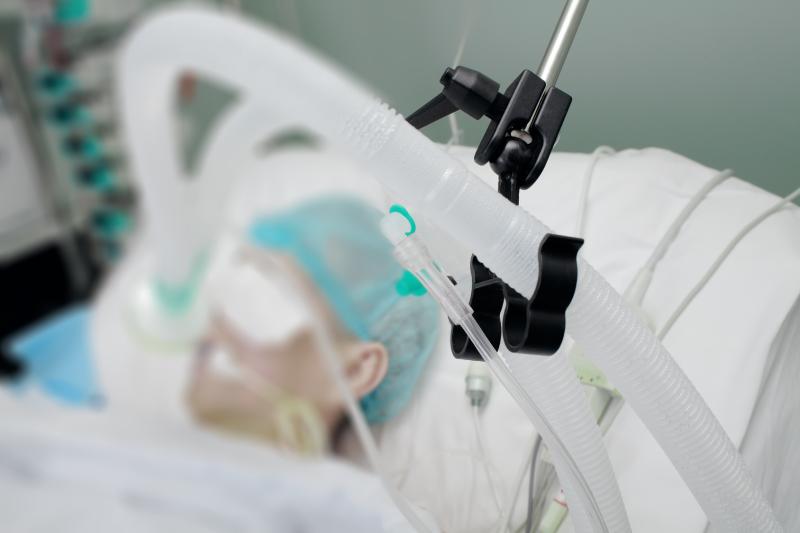
ICU patients are at high risk of developing dysphagia, particularly those with prolonged duration of invasive mechanical ventilation and baseline neurological disease, as suggested in a recent study.
Researchers identified the risk factors for dysphagia in ICU patients following invasive mechanical ventilation. They used data from the monocentric prospective observational study DYnAMICS, involving 933 primary admissions of adult medical-surgical ICU patients (median age, 65 years; 71 percent male).
All patients underwent systematic bedside screening for dysphagia within 3 hours after extubation. A total of 116 patients were confirmed to have the swallowing condition.
In generalized additive models adjusted for confounders, factors that predicted dysphagia following extubation included baseline neurological disease (odds ratio [OR], 4.45, 95 percent confidence interval [CI], 2.74–7.24; p<0.01), emergency admission (OR, 2.04, 95 percent CI, 1.15–3.59; p<0.01), days on mechanical ventilation (OR, 1.19, 95 percent CI, 1.06–1.34; p<0.01), days on renal replacement therapy (OR, 1.1, 95 percent CI, 1–1.23; p=0.03), and disease severity (APACHE II score within first 24 hours; OR, 1.03, 95 percent CI, 0.99–1.07; p<0.01).
On the other hand, higher body mass index conferred protection against the risk of dysphagia (6 percent per-step increase: OR, 0.94, 95 percent CI, 0.9–0.99; p=0.03).
Given that all ICU patients should be considered at risk of dysphagia post-mechanical ventilation, the researchers recommended systematic screening for the swallowing condition in patients with the described risk factors.